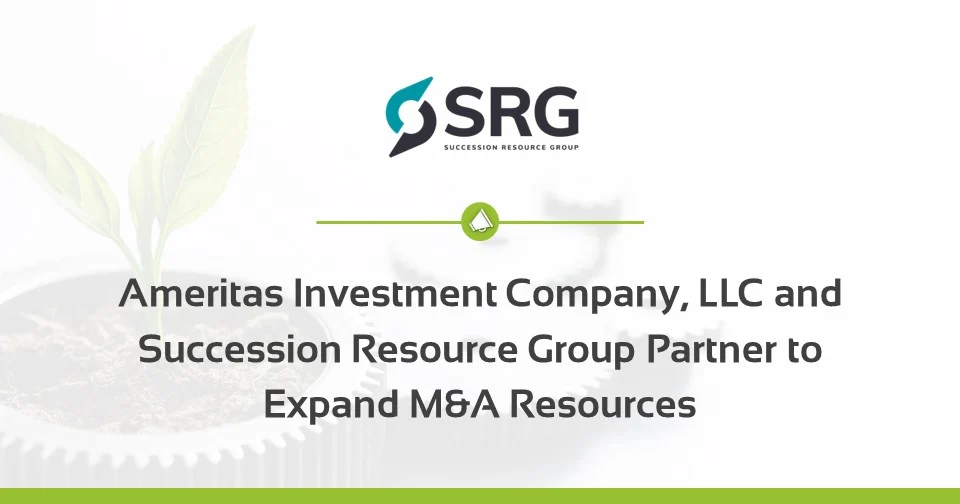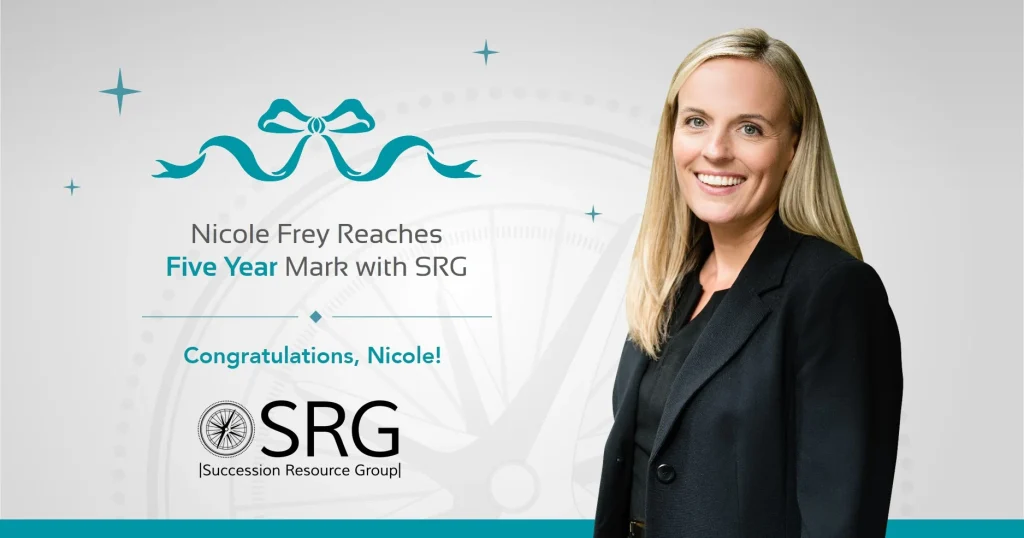Succession Resource Group Wins Three ThinkAdvisor Luminaries Awards

SRG Announces Sale of California Fee-Only Practice to Bluesphere Advisors, LLC

PORTLAND, Ore. (Aug. 26, 2021) – Succession Resource Group (SRG) is excited to announce the sale of California-based RIA, Empowering Financial Solutions, Inc. to Pennsylvania-based RIA, Bluesphere Advisors, LLC. This sale represents almost $50 million in assets under management (AUM) and expands Bluesphere’s presence and ability to serve clients coast-to-coast.
Succession Resource Group Announces Sale of $420 Million AUM Ameriprise Advisory Practice

Portland, Ore. (Aug. 13, 2019) – Succession Resource Group (SRG) is excited to announce the sale of Orlando, Florida based Santiago & Associates (Santiago), an Ameriprise Platinum Financial Services practice owned and operated by Conrad Santiago, an independent Private Wealth Advisor affiliated with Ameriprise with $420 million in assets under management. The purchaser, Brent Trentham of The Trentham Urquhart Group (Trentham), is based in Tennessee and was named one of Forbes Best-in-State Advisors of 2019 and Barron’s® “Top 1,200 Financial Advisors: State-by-State Ranking”. Mr. Trentham was also a member of the Chairman’s Advisory Counsel (CAC) from 2005-2016.
Ameritas Investment Company, LLC and Succession Resource Group Partner to Expand M&A Resources

PORTLAND, Ore. (April 12, 2021) – Succession Resource Group, Inc. (SRG), a leading provider of acquisition and succession solutions and consulting for financial professionals, is pleased to announce a new strategic alliance with Ameritas Investment Company, LLC (AIC), a broker-dealer and registered investment advisor based in Lincoln, Nebraska.
Nicole Frey Reaches Five-Year Mark with SRG

Portland, Ore. (Jan. 25, 2021) – Today marks the fifth anniversary for Nicole Frey at Succession Resource Group (SRG), a succession consulting firm dedicated to helping financial professionals (RIA, registered representatives, agents, & accountants) value, improve, protect, grow, and plan for the transition of their business.
Kristen Grau Recognized as NACVA’s 2020 40 Under Forty Honoree

Kristen Grau, Executive Vice President at Succession Resource Group
Succession Resource Group Announces the Sale of $109M AUM Delaware-Based RIA

Portland, Ore. (June 17, 2020) – Succession Resource Group (SRG) is excited to announce the sale of Delaware-based RIA, Lovett Advisors to Pennsylvania-based RIA, Bluesphere Advisors LLC. This sale represents over $109 million in assets under management (AUM), negotiated and closed amidst the coronavirus pandemic.
Sigma Financial Corporation / Parkland Securities, LLC and Succession Resource Group Partnering to Expand M&A Resources to Advisors
(PORTLAND, OR – November 13, 2015) – Succession Resource Group, Inc. (SRG), the industry leader of acquisition and succession solutions for financial advisors, is pleased to announce a new strategic alliance with Sigma Financial Corporation (Sigma) and Parkland Securities, LLC (Parkland), broker-dealers based in Ann Arbor, Michigan. The alliance is designed to raise awareness and provide access to tools and expertise to ensure every Sigma and Parkland advisor is leveraging practice acquisition and succession planning as short- and long-term growth tools.
Succession Resource Group Launches LendingWell Amid COVID-19 Pandemic

PORTLAND, Ore. (May 4, 2020) – Succession Resource Group, Inc. (SRG) is excited to announce the launch of LendingWell on Monday, May 4, 2020. LendingWell is a free online platform dedicated to helping independent Registered Investment Advisors, Registered Representatives, CPAs, and insurance agents and agencies find the right lender for their financing needs. LendingWell matches advisors with lenders for buy-outs, buy-ins, working capital, refinancing, commercial real estate, start-up, and recruiting. SRG has expedited the launch of this new online application in light of the current COVID-19 pandemic, responding to advisor’s need for capital.
Succession Resource Group Announces Sale of Coe Financial Services to Creative Planning

Portland, Ore. (April 9, 2020) – Succession Resource Group (SRG) is excited to announce the sale of Kansas based Registered Investment Advisor (“RIA”) Coe Financial Services, Inc. to Creative Planning, LLC, one of the nation’s largest and fastest growing RIAs led by Peter Mallouk. This sale represents over $126 million in assets under management (AUM), and is the fifth acquisition for Creative Planning in the last year.